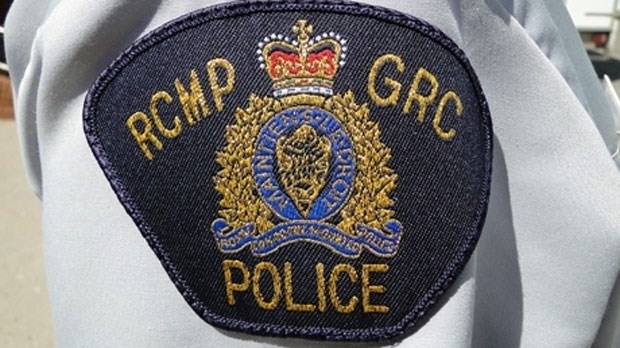Every year in Yorkton approximately 40 people report sexual assaults, but only about 27 of those are accepted by police as legitimate. The other 13 are dismissed as “unfounded.”
“The RCMP uses the Statistics Canada definition of “unfounded” which is: Unfounded is defined in the Uniform Crime Reporting Survey as an incident that has been determined, through police investigation, that no violation of the law took place nor was attempted,” said an email statement provided by a spokesperson for RCMP “F” Division (Saskatchewan).
Unfounded data is not published by Statistics Canada.
The Yorkton numbers came from an 18-month Globe and Mail investigation by Robyn Doolittle involving more than 250 freedom of information requests. In the end, 873 police jurisdictions, representing 92 per cent of the population, including Yorkton municipal RCMP and Yorkton rural RCMP, provided data to the Globe.
Over a five-year period, from 2010 to 2014, the local municipal detachment handled 198 sexual assault complaints of which 32 per cent were deemed unfounded.
The rural detachment handled only 43 complaints over the same time period with an unfounded rate of 16 per cent.
Yorkton Staff Sergeant Jeff Simpson said he did not believe his detachment directly provided the local numbers and, in any event, he would not be able to speak specifically to why the Yorkton numbers are what they are.
What they are is significantly higher than the national average, which is close to 20 per cent. The national number itself is disproportionate according to scholarly research from North America, the United Kingdom and Australia that suggests only between two and eight per cent of complaints are truly unfounded—i.e., either malicious or mistaken.
The provincial RCMP command would also not comment specifically on the numbers, but included the following statement:
“Sex assault investigations can be challenging and complex. The RCMP takes these investigations very seriously and work to determine the circumstances of an assault allegation, identify and preserve evidence, and forward a thorough investigation to Crown counsel where the facts and evidence support charges.”
But even the ones they do consider legitimate don’t always result in charges. In fact, according to Statistics Canada only about 44 per cent of sexual assault complaints nationally result in charges. If the unfounded numbers are rolled in, that drops to approximately 34 per cent.
And considering it is widely accepted only about one in 10 sexual assaults are reported at all, it would seem law enforcement agencies are just barely scratching the surface of the problem.
Experts such as Ottawa criminologist Holly Johnson suggest the high number of unfounded cases represents deep-seated negative attitudes toward sexual assault victims within the criminal justice system.
“What does unfounded mean to you?” Johnson asked Doolittle. “What does unfounded mean to anybody? It means ‘You’re lying,’.”
Since the Globe published its report on February 3, the debate over the treatment of sex assault victims by the justice system heated up even further when a judge in Nova Scotia got into hot water when he acquitted a man saying “clearly a drunk can consent” to having sex.
Another judge from Alberta is currently fighting to save his job after asking a woman during a trial “why couldn’t you just keep your knees together?”
On February 17, the Globe published a followup reporting on the responses from police and government agencies to Doolittle’s investigation.
Responses included RCMP Commissioner Bob Paulson ordering a review of all recent sex assault cases classified as unfounded, as well as a review of related policies and practices.
Many other police departments have also launched similar initiatives and the Canadian Association of Police Chiefs has urged all police services to do so.



